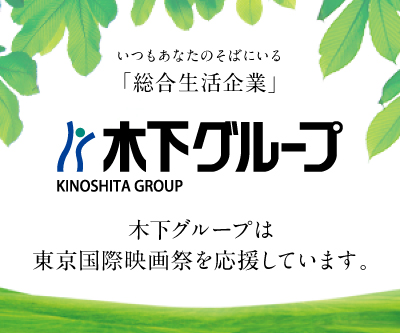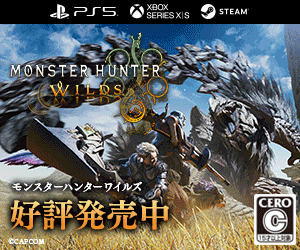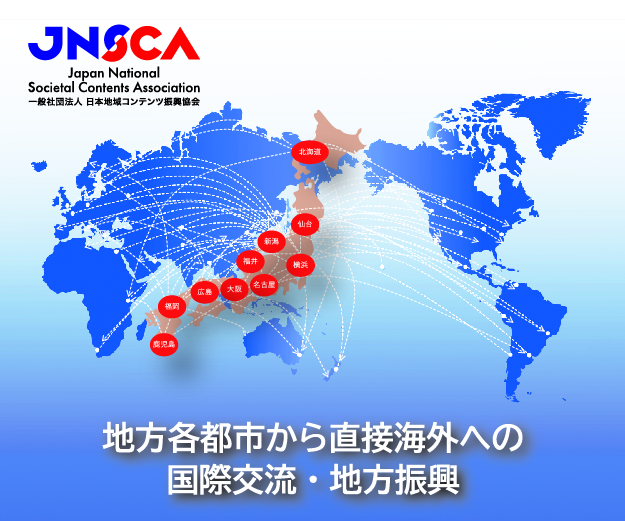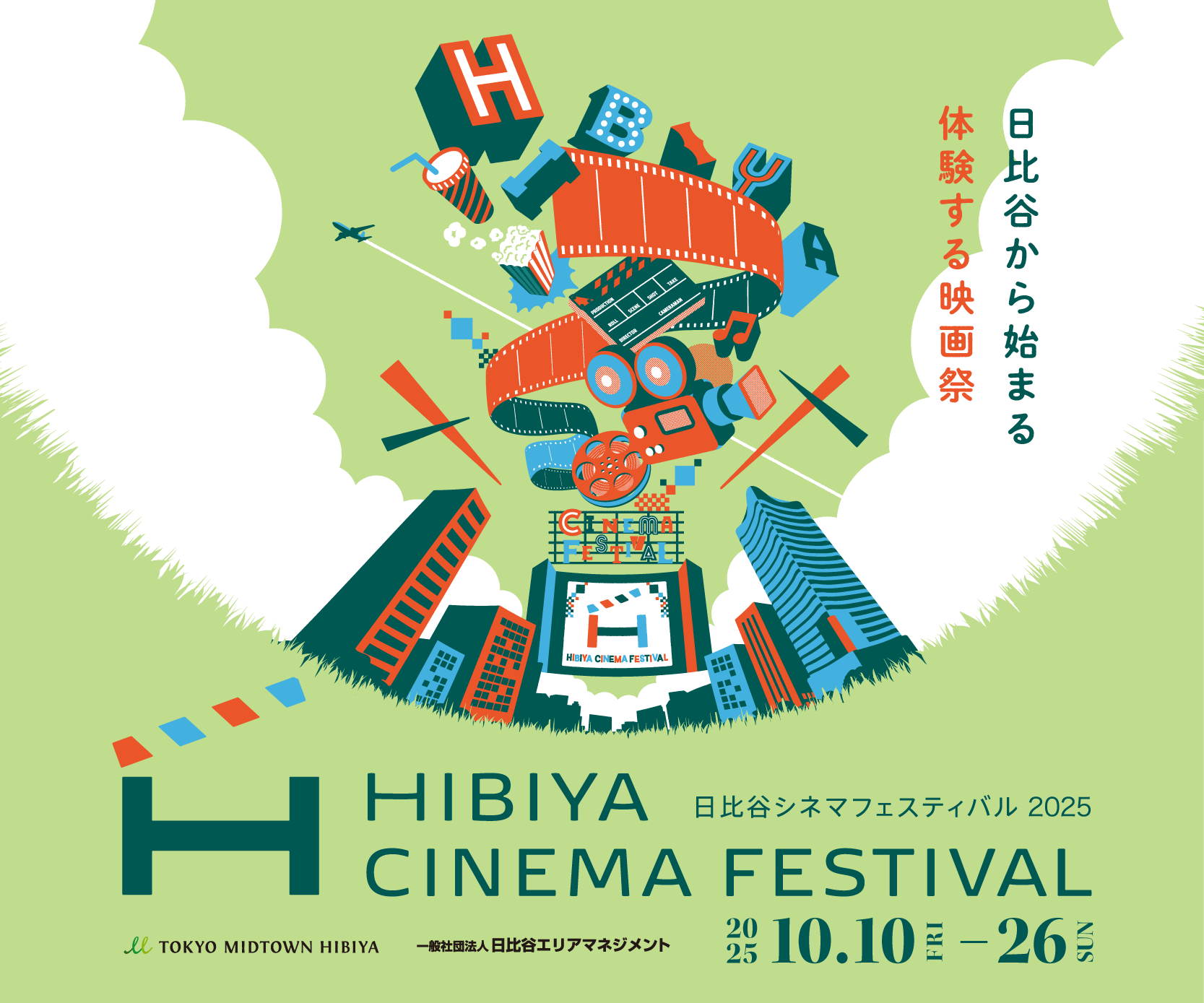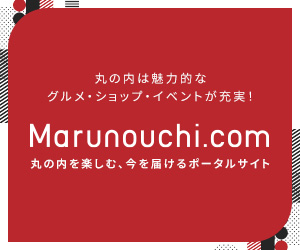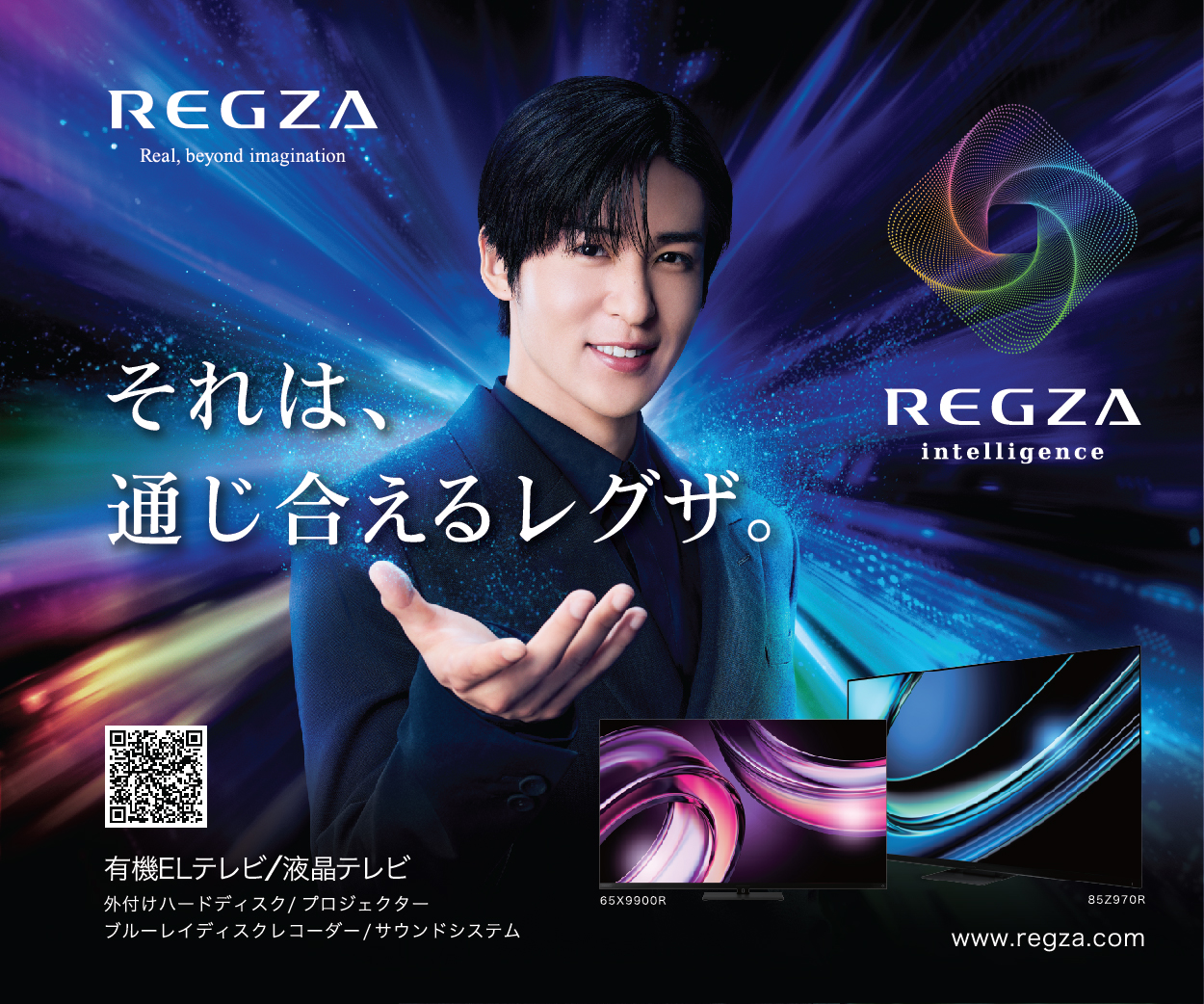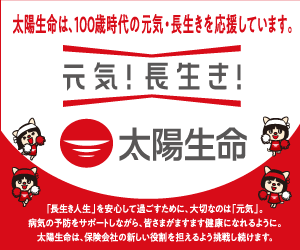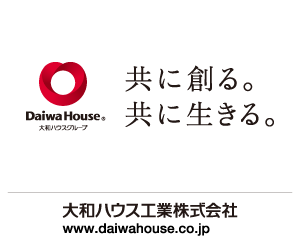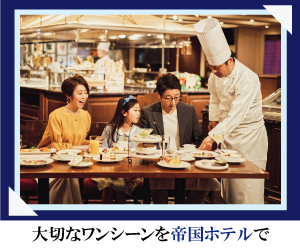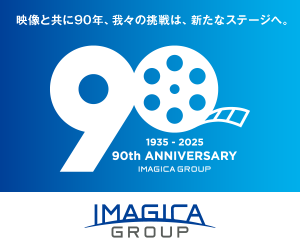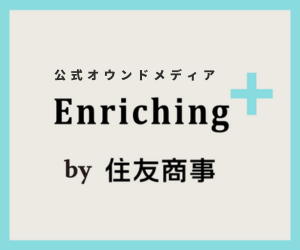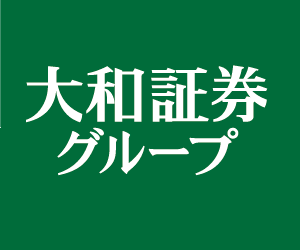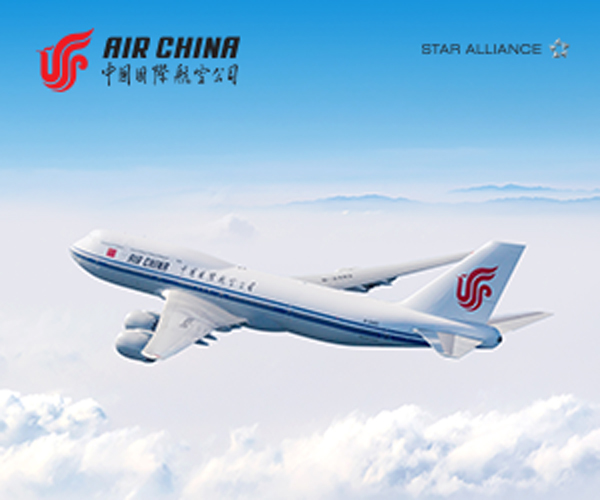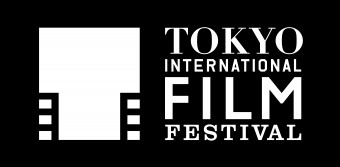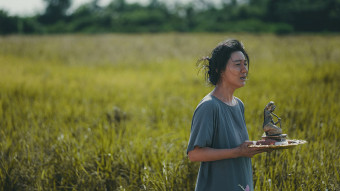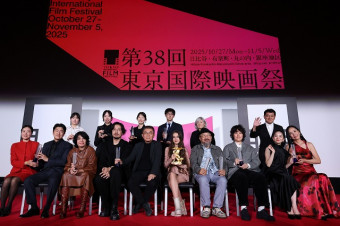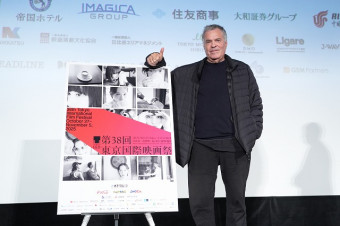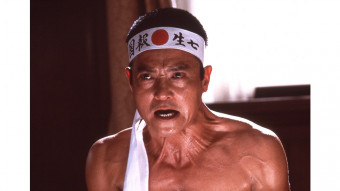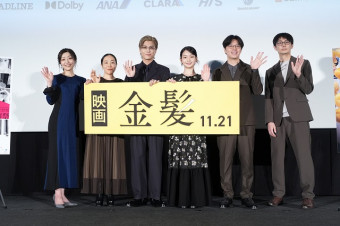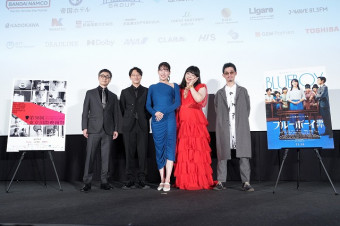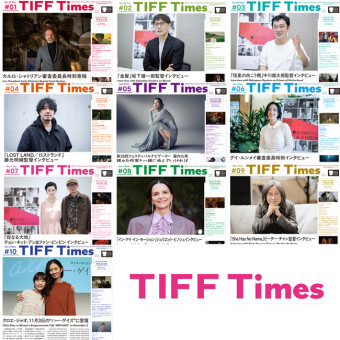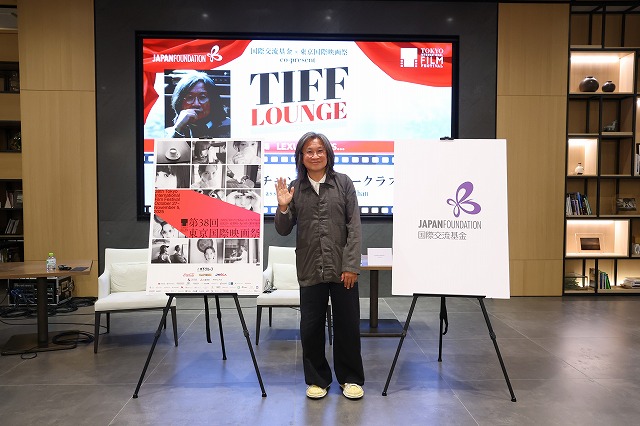
Fresh from the October 28 Japan premiere of his latest film, She Has No Name, at the 38th Tokyo International Film Festival, legendary Hong Kong filmmaker Peter Ho-sun Chan joined TIFF Programming Director Ichiyama Shozo to inaugurate this year’s TIFF Lounge series. The popular talk sessions, now in their seventh year, are co-presented with The Japan Foundation, providing an opportunity for film enthusiasts to hear from a range of veteran filmmakers who are at the festival with exciting new work.
She Has No Name, based on one of the most famous unsolved murder cases in China, stars Zhang Ziyi as a woman in 1940s Shanghai, during the waning days of the Japanese occupation, who is charged with the bloody dismemberment of her husband. The murder thrusts her into the spotlight and the court of public opinion, forcing her towards a fate that is, amazingly, intertwined with that of her own country.
But more on this in a moment. First, let’s take time to listen as Peter Ho-sun Chan reminisces, guiding us through his own work (which has garnered over 200 awards) and through one of the most significant periods of the Hong Kong film industry… and far beyond.
Prompted by questions and interjections from Ichiyama, who first served as a programmer at TIFF in the 1990s and brought Chan with one of his early films, the director fondly recalled that he came when the festival was still located in Shibuya,“ back in the days of my youth.” In 1994, “I was in Shibuya for He Ain’t Heavy… He’s My Father, and a friend of mine just brought me a beautiful gift, a video recording of all my UFO [company] comrades, including Tony Leung and Carina Lau, when we were all here in a karaoke place in Roppongi. I can’t wait to go and look at this.”
“What I remember,” said Ichiyama, is when we brought Comrades: Almost a Love Story (1996), and it was showing at Shibuya Kokaido, a huge hall, and it was fully packed.”
“Back then, everything in Hong Kong was really messy,” said Chan. “We were shooting so fast, and films would be released within five days of wrapping. Then we came to Japan and we were like, ‘Wow, they take cinema so seriously!’”
Ichiyama asked about the origins of Chan’s company, UFO. “Necessity is the mother of invention,” explained Chan,“ so we started UFO because we didn’t know how to make comedies, big action movies, martial arts movies — we didn’t fit into the Hong Kong industry. On our own, we could never make the films we wanted to make, about ordinary people. So I rounded up a few of my good friends and decided to start a company, inspired by United Artists. UA ultimately became the champion of many young American filmmakers in the 1970s.
“We came up with the name United Filmmakers, and we were proud of the logo, like a sci-fi movie. It was started in 1991, and the principals had all gone by 1998. But that was the best time and the peak of my life. UFO started when the Hong Kong industry was already in decline. As a city, it only had 5 to 6 million people, and it was too small to support a film industry. So they were making film content for the Chinese diaspora. Because of Jackie Chan, Bruce Lee and John Woo, it started attracting popularity everywhere, not just in the Chinatowns overseas.
“One of the big markets was the Taiwanese market, because the Chinese market was not yet open. But Taiwan started dictating the kinds of films we were making. They always ordered the same kinds of movie, with the same actors. It’s like big data today — they were looking at what the audience liked today or yesterday, like driving in the rear-view mirror, not what they should make for tomorrow. Even now, with the streamers, everyone’s looking at the algorithm. You’re not making movies for the future, but for the past.
“But 1994 was the breaking point, when the prices paid by Taiwanese distributors were capped and overnight, the HK market was taken over by Hollywood. All the US majors came in and opened offices, and by 2000, the films were all 98% Hollywood studio movies. By that time, the whole industry changed, and hastened the decline of the Hong Kong industry.
“I took a break and went to LA and did all the rounds, picked a movie and did a movie. But I realized the system was so different from the spirit of Hong Kong cinema, which was very independent although we made commercial films. I found Hollywood was not for me.
“I went back to Hong Kong and produced films with Thailand, Japan, Korea, other Asian countries. I’m half-Thai, so I started with coproductions with Thai directors. I worked for three or four years on pan-Asian films. Businesswise, the films that worked cross-border best were horror films, but [after directing a horror short] I realized I was not a horror director. I wanted to direct.
“Then I went to China and directed a musical, Perhaps Love (2005). Then we shot The Warlords (2007), and people were saying ‘You’re not an auteur because you make too many different styles of film.’ But I make the movies that the audience needs. With The Warlords, there wasn’t enough action, it’s really a drama, so finally I made a small film, Wu Xia (2011) with Donnie Yen and Tanigaki Kenji, and they were the people who helped me do all the great action stuff.
“I live in Hong Kong, but it was hard to go back there [to make films], because the budgets had gone up in China and it was difficult to afford the crew salaries after they had worked in China. I took another detour and made a film, American Dreams in China (2013), about three young men striving to go to the US, where everyone wanted to go back then. It was a big hit in China. All my friends were surprised because they wondered how I could make a film about Chinese people when I didn’t live there. But I just felt like I was making Tom, Dick and Hairy (1993), with the two Tony Leungs. I figured I could use the sensitivity of 1970s Hong Kong, which was very similar to 1980s China. I felt like I was making my own story.
“Then I made Dearest (2014), about a family losing a child. I didn’t know the daily life of [rural] Chinese, but when you make a film about the human condition, you should be able to understand different cultures. They’re not that different, because they’re human beings, after all. And there are two sides to every story.”
Ichiyama mentioned Last Letter (2018), a film by Iwai Shunji that was made first in China and then later in Japan. Chan was the producer, but he demurred, “Producing a Iwai Shunji film is very easy. All you need to do is introduce him to the right actors, the investors. He’s a one-band man. He runs around the set doing everything himself. We just had lunch, and he was saying that crew costs had gone up. I said, ‘Crew?! You don’t need any crew! You do it all yourself!’”
Finally turning to his new film, She Has No Name, Chan was asked about the 10-year process of getting it made. “It was based on a novel,” he said,“ and in 2015, I received a full script. And it’s the first one that I’ve liked. There was so much in the script that I loved and I felt I had to make it. Zhang Ziyi committed in a flash and I even cast the other roles, but our budget wasn’t high enough at first and it was too long.”
But after 8 years in active production, interrupted by Covid, the film was finally complete.
“In 2024, we showed a version that was over 2 hours 30 minutes long. But it was very choppy, and not the full story. So we went back and tried to edit it into about 2 hours. But I just couldn’t, so we edited a 4-hour version that I’m happy with. I cut it into 4 parts, hoping it could become a TV series. But we couldn’t hope to recoup the budget, so the distributor said I should create a 2-part series.
“What you saw [earlier] today was a more condensed version of the first half of the story. It continues to [the protagonist’s] retrial, and the Nationalists take over. There are a lot of new characters, and a new lawyer, who’s a true character but based on a real person. There’s so much more drama in the second part of the film. It’s different from any of my previous work tonally and aesthetically because it’s more bleak, more pessimistic. But part 2 is more like a drama.
He’s still hopeful for a series, since it’s “truer to the director’s vision,” but I think the second part will come out next year.”
Chan was asked what had made him feel that he “had” to make the film. “From first reading the script, it’s been 10 years, so my interest has changed over time,” he admitted. “What first got me was the duality of the characters, their behavior. You have this woman who chopped her husband up into 16 pieces, but she’s weaker than the police commissioner, who’s out for vengeance and wants to get her convicted for what she’s done. No matter what your husband does [he feels], he doesn’t deserve to die. But he knows things are changing. To him, it’s almost like his last fight to prove that he’s the authority, because he knows that the world is about to change.
“But then after Covid, I ended up forcing my writers to turn it into a relationship story, which is my forte. How did the marriage become that toxic, that abusive? These are things in life that are inexplicable. But you have all the investors, distributors and test screenings, you have to listen to everyone’s opinion. And it’s the type of film that is normally cut into pieces.”
Asked about nurturing young actors, Chan said, “I’m ashamed to say that I seldom give opportunities to young actors to grow, because throughout my career, I’ve only worked with movie stars. I work with stars because I need the financing to make these films. But I do try to take them out of their idol image and give them roles that are different from any they’ve had before.”
TIFF Lounge Co-presented by The Japan Foundation & Tokyo International Film Festival
Peter Ho-sun Chan Masterclass
Guest: Peter Ho-sun Chan (Filmmaker)
Moderator: Ichiyama Shozo (TIFF Programming Director)











